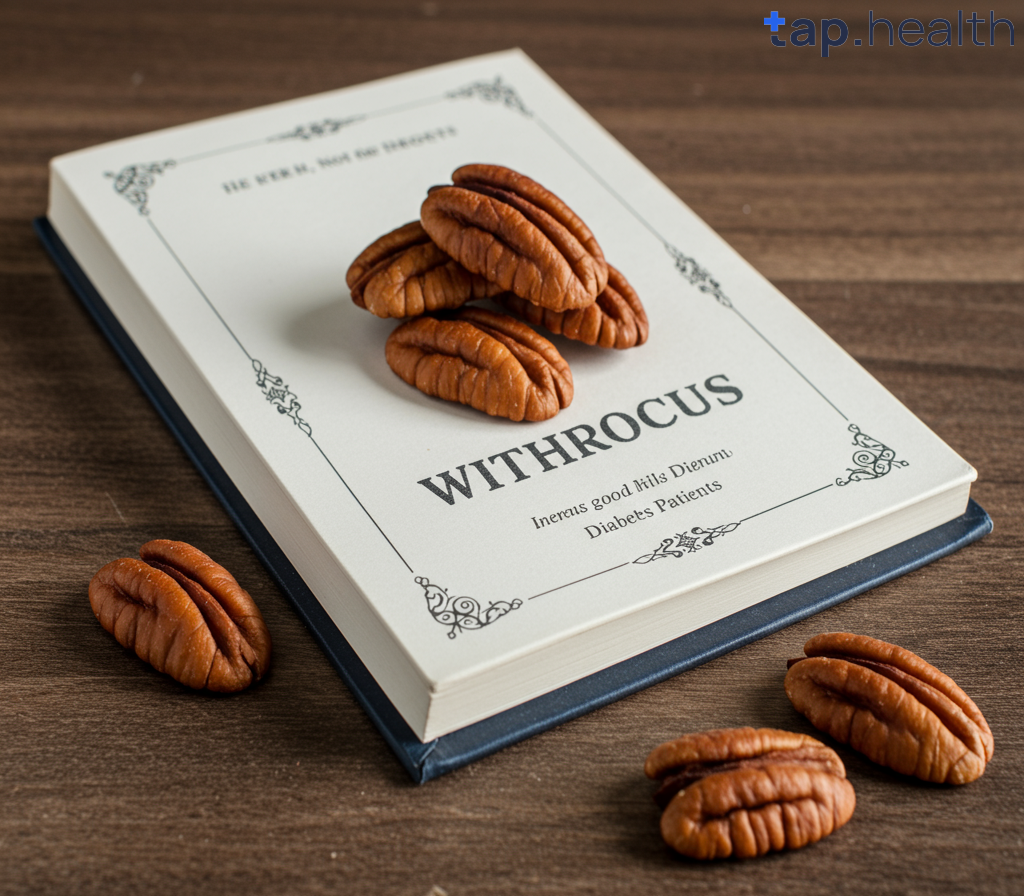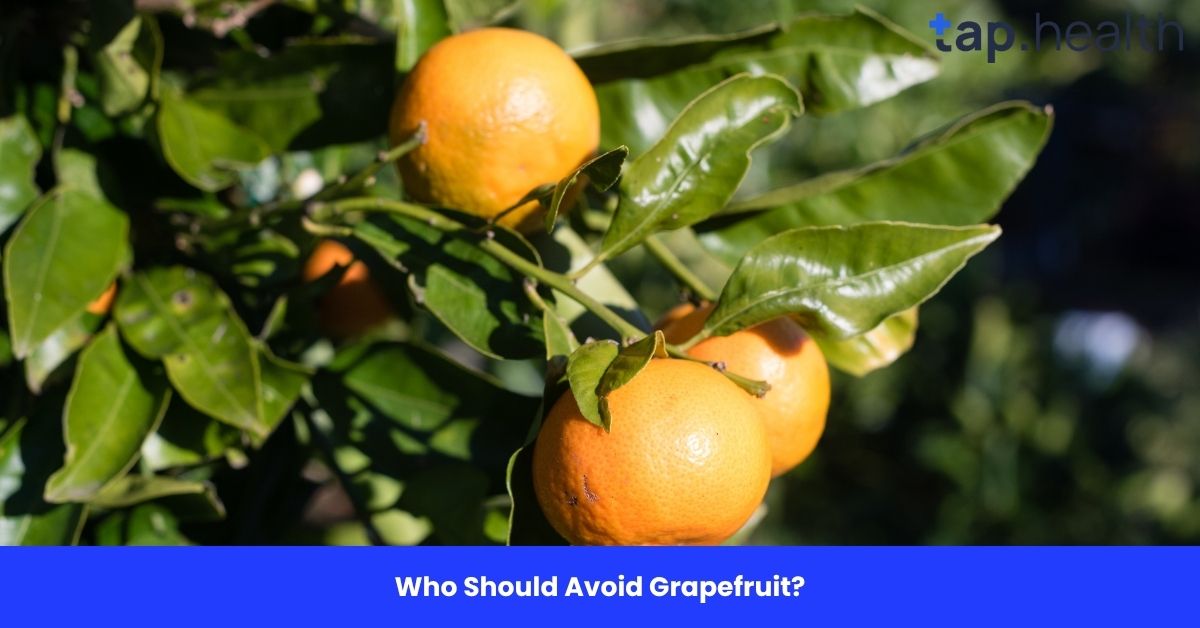Diabetes is a chronic condition that requires careful management of diet and lifestyle. People with diabetes are constantly on the lookout for foods that won’t spike blood sugar levels and will provide essential nutrients. Nuts are often considered a healthy snack, and among them, pecans stand out for their rich, buttery flavor and impressive nutritional profile.
But the question remains: Are pecans good for diabetic patients? The answer is yes — when consumed in moderation. This article explores how pecans can benefit people with diabetes, their nutritional content, potential drawbacks, and the best ways to include them in a diabetic-friendly diet.
🥗 Nutritional Profile of Pecans
Pecans are nutrient-dense nuts with a favorable macronutrient composition for blood sugar control. Here’s what a 1-ounce (28 grams) serving of pecans typically contains:
- Calories: ~196
- Fat: 20g (mostly unsaturated)
- Carbohydrates: 4g
- Fiber: 2.7g
- Sugar: 1.1g
- Protein: 2.6g
- Glycemic Index: Very low (almost negligible)
Pecans are also rich in:
- Magnesium
- Vitamin E
- Zinc
- Thiamine (Vitamin B1)
- Antioxidants like flavonoids and polyphenols
🩸 Pecans and Blood Sugar Control
The high fiber and healthy fat content in pecans help slow down digestion and glucose absorption, leading to stable blood sugar levels. Here’s how pecans support diabetic health:
- Low Glycemic Impact
Pecans have a low glycemic index, meaning they cause little to no spike in blood sugar levels. This makes them an excellent snack for diabetics. - Rich in Fiber
The dietary fiber in pecans slows glucose absorption in the bloodstream, helping prevent sugar spikes after meals. - Heart Health Support
Diabetics are at higher risk of heart disease. Pecans contain monounsaturated and polyunsaturated fats that reduce LDL (“bad”) cholesterol and improve heart health. - Antioxidant Properties
Chronic inflammation and oxidative stress are often associated with diabetes. Pecans are rich in antioxidants that combat free radicals and inflammation. - Improved Insulin Sensitivity
Some studies suggest that consuming nuts like pecans can improve insulin sensitivity, helping the body use insulin more effectively.
🧂 Are There Any Risks?
While pecans are generally beneficial, they are high in calories and fats. Overeating them could contribute to unwanted weight gain, which may complicate diabetes management.
Here are a few things diabetic patients should consider:
- Stick to a portion size of 1 ounce per day (~19 pecan halves).
- Avoid salted or sugar-coated pecans, which may elevate blood pressure or blood sugar.
- Check for allergies — although rare, some individuals may be allergic to tree nuts.
🥣 How to Include Pecans in a Diabetic-Friendly Diet
Here are a few healthy ways to enjoy pecans:
- Add to salads for a crunchy texture.
- Mix into Greek yogurt with cinnamon and berries.
- Use as a crust for baked chicken or fish.
- Blend into a smoothie with spinach, almond milk, and a dash of cocoa powder.
- Use pecan flour as a low-carb substitute in baking.
Avoid pecan pies, pralines, and candied pecans, as these often contain added sugar and refined carbs.
📚 Scientific Studies Supporting Pecans for Diabetics
Several studies confirm the role of nuts in diabetes management:
- A 2018 study published in the Journal of Nutrition found that regular nut consumption, including pecans, is associated with improved glycemic control and a reduced risk of cardiovascular disease in diabetics.
- The American Diabetes Association lists nuts as one of the healthiest snack options for people with diabetes.
🥇 Expert Tips
- Eat pecans as a snack between meals to avoid unhealthy options.
- Pair pecans with protein or fiber-rich foods for better satiety and blood sugar control.
- Consult a registered dietitian or doctor before making significant changes to your diet.
✅ Conclusion
So, are pecans good for diabetic patients? Absolutely — in moderation. Their low glycemic load, fiber content, healthy fats, and antioxidant properties make them a great snack or meal addition for people managing diabetes.
As with all foods, balance and portion control are key. Including pecans in a well-rounded diabetic meal plan can help support stable blood sugar levels and long-term health.
❓Frequently Asked Questions (FAQ)
1. Can diabetics eat pecans every day?
Yes, but in moderation. About 1 ounce (28g) of unsalted pecans per day is generally safe and beneficial for most people with diabetes.
2. Do pecans raise blood sugar?
No. Pecans have a very low glycemic index and do not cause blood sugar spikes when consumed in reasonable amounts.
3. Are candied pecans okay for diabetics?
No. Candied or sugar-coated pecans often contain added sugars and should be avoided by diabetics.
4. What is the best time to eat pecans for diabetics?
Pecans can be eaten as a snack between meals or added to meals to increase satiety and help manage blood sugar levels.
5. Are pecans better than almonds for diabetes?
Both pecans and almonds are great for diabetes. Pecans are slightly higher in fat and lower in carbs, while almonds are richer in protein. A mix of both is ideal.



